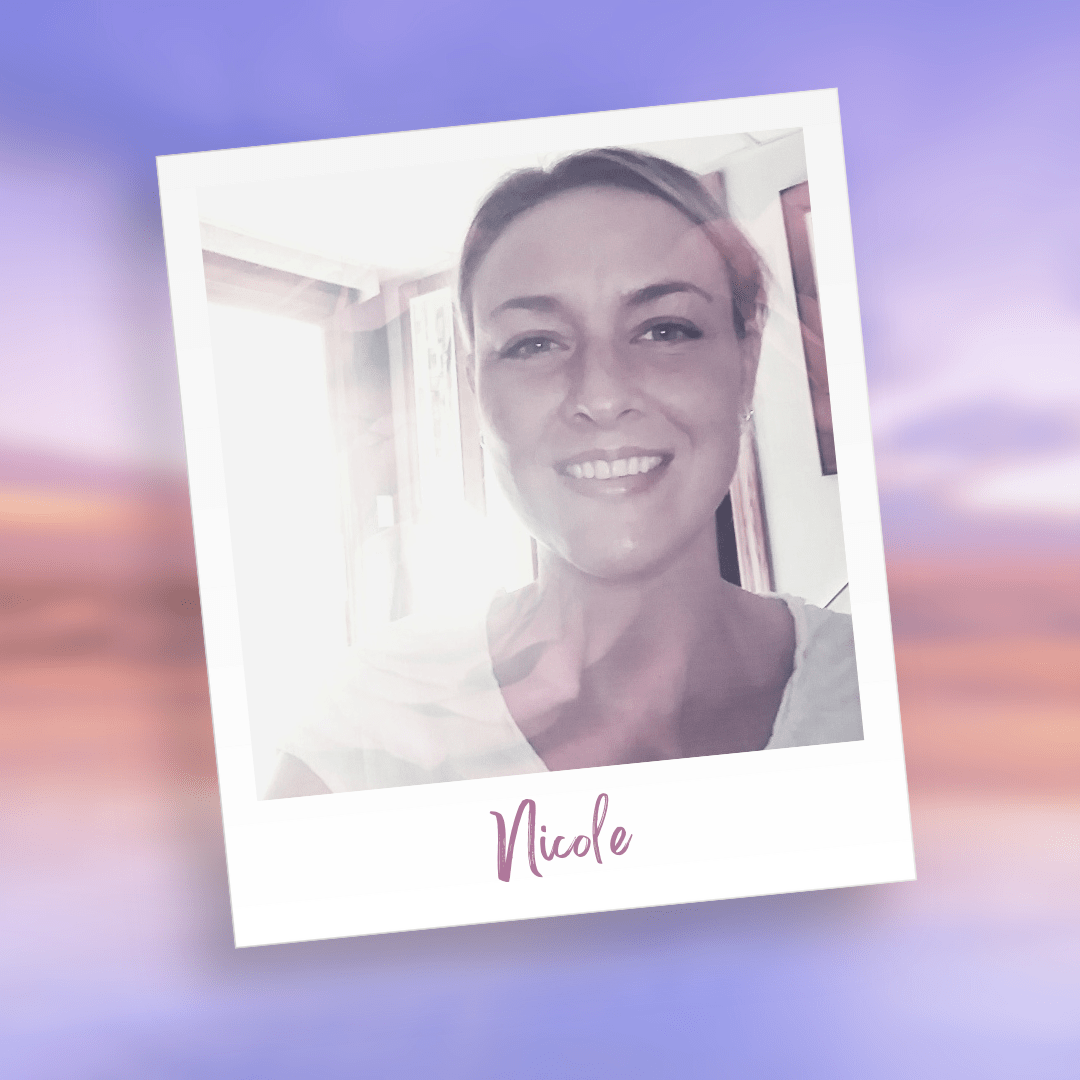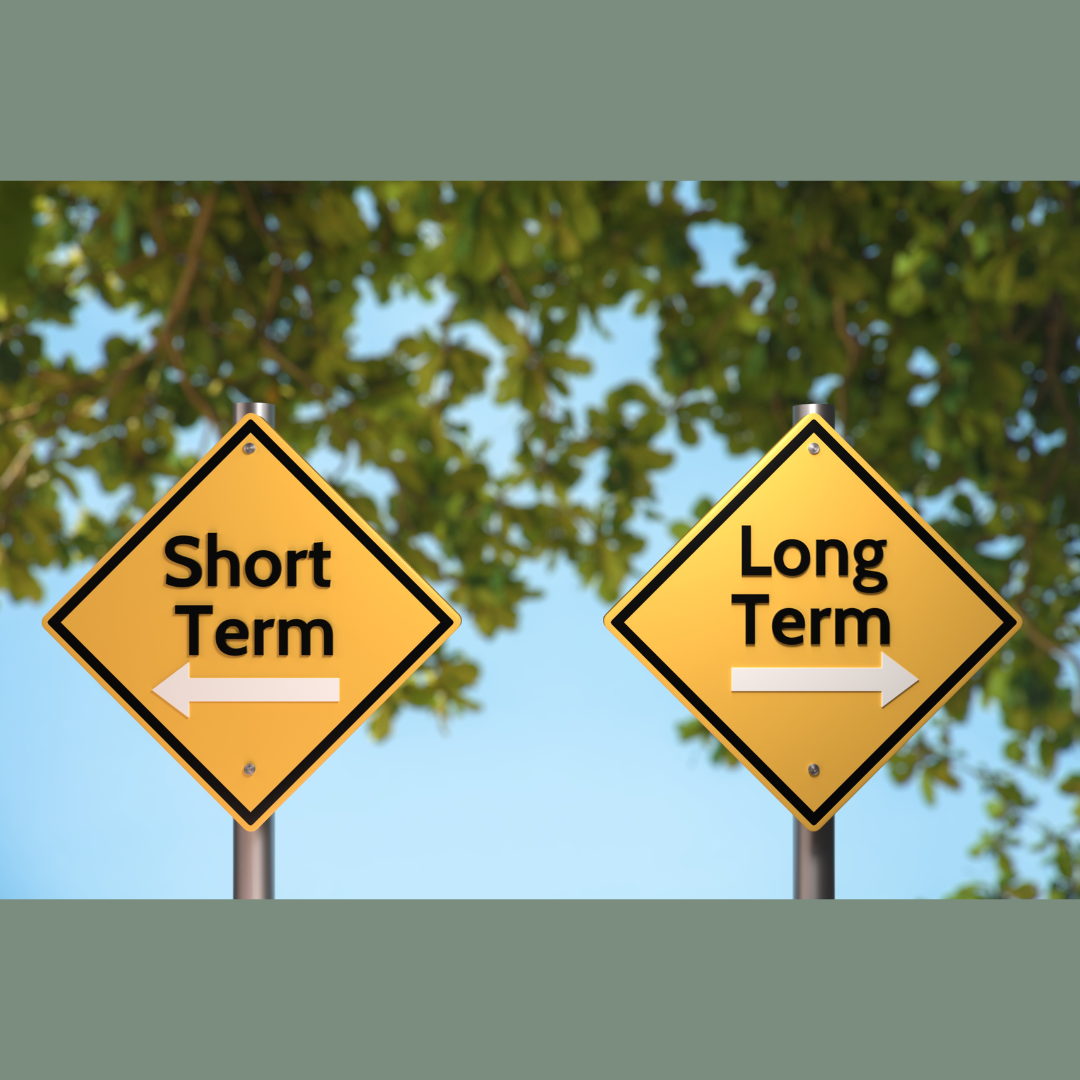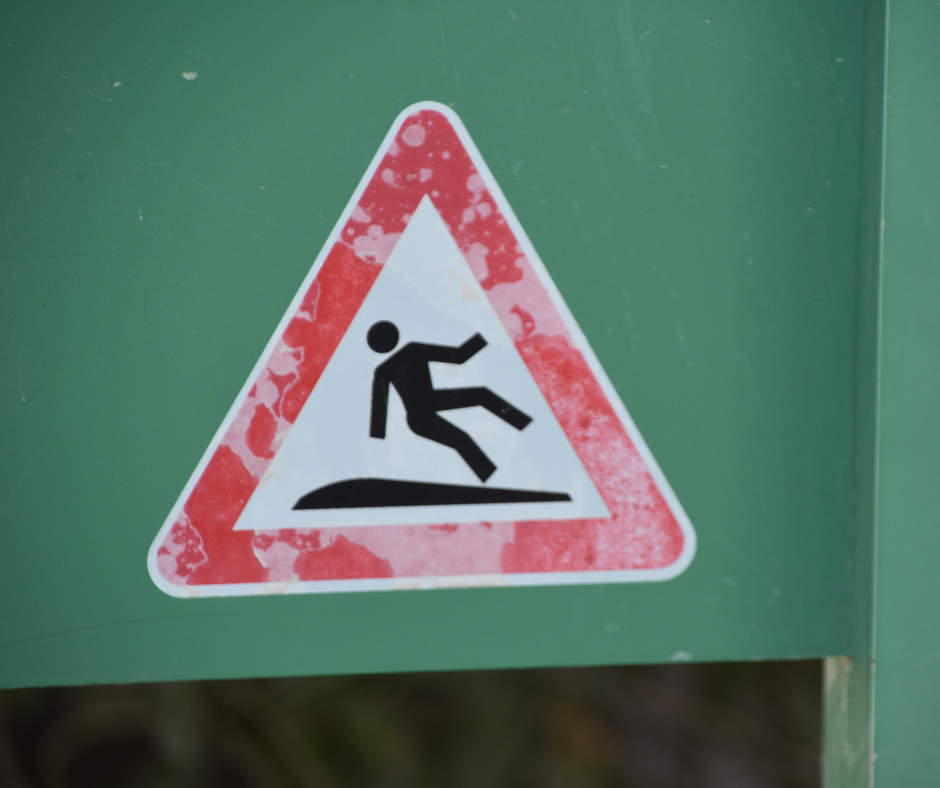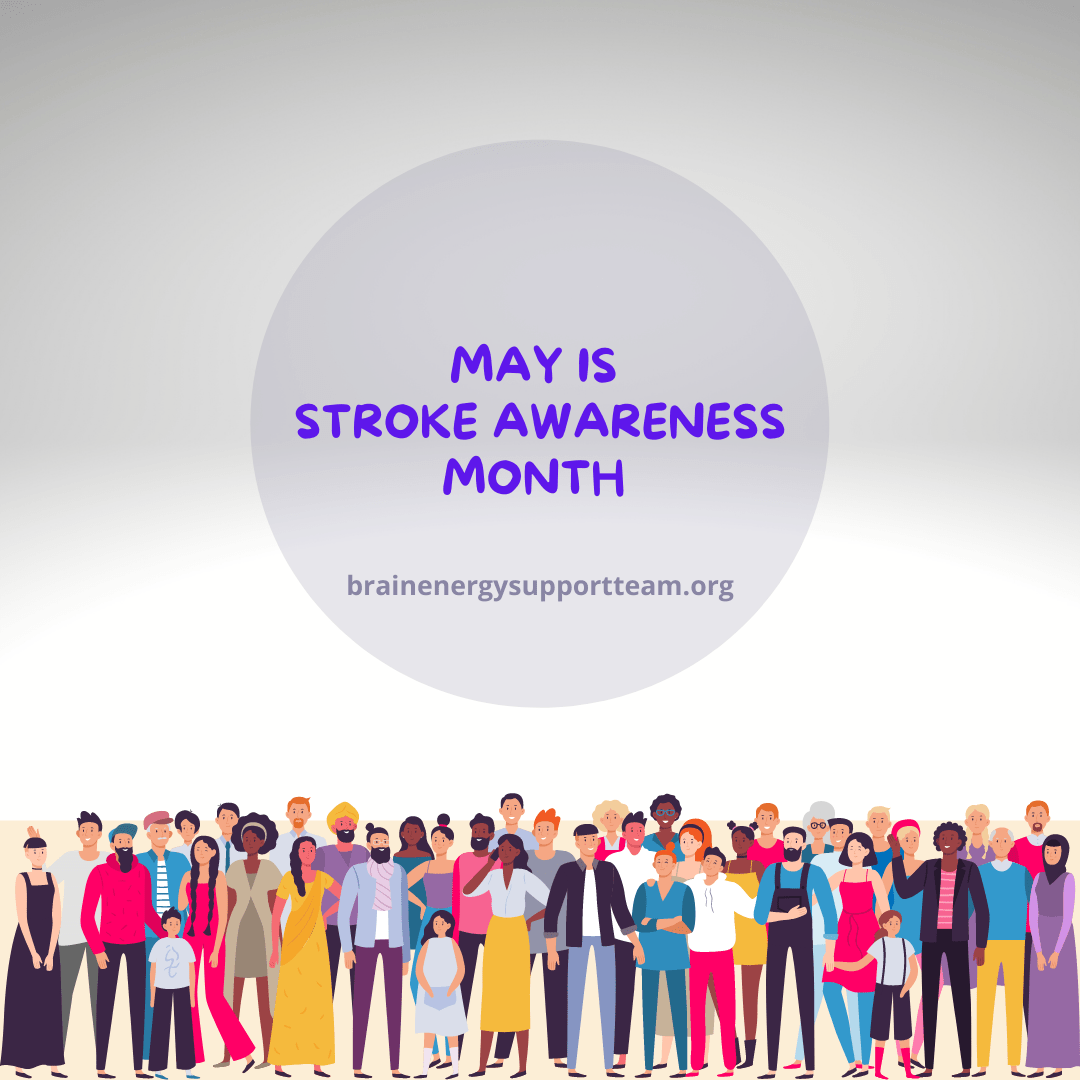(Editor’s note: Earlier this month, writer and stroke survivor, Isaac Peterson, shared his thoughts about recovery and brain injury. Here’s his follow personal essay on reaching plateaus and brain injury. KT)
Seems when I wrote about the time it takes to recover from a traumatic brain injury, I didn’t mention one stage of recovery a lot of brain injury survivors go through: reaching a plateau.
Most times during recovery from a brain injury after an initial spurt of improvement a survivor’s recovery, it seems to just stop or stall.
Last time out when I wrote, …doctors seemed to consider my initial rate of progress pretty remarkable, but after three years I haven’t noticed much progress since then, I was describing the personal plateau in my recovery.
Again, the most rapid rate of recovery happens in the first weeks or months after the injury when the brain is working overtime to heal itself. But there often comes a point where, after a fair amount of improvement, the brain goes into fine tuning mode where its efforts to heal are focused on the smaller parts that need recovering.
After that, full recovery can still happen, in small, slower increments, but can still take a good deal of time.
Hitting a plateau is probably the main thing that makes predicting the length of time you will need to fully recover pretty much impossible to predict. As I noted last time, the rest of recovery can take years, making it more difficult to notice improvements; they will take longer and be less noticeable than in the days soon after the injury.
Many survivors do completely recover, or at least come pretty close. Others with severe traumatic injuries reach a plateau and don’t quite experience a complete recovery.
You may feel like you’re not making progress but your brain is constantly working to heal itself in increments. You may not notice improvement but the people around you may notice. This is something that’s happened to me, so I can vouch that it does happen.
Neuroplasticity, your brain’s ability to kind of rewire itself and compensate for parts of a survivor’s brain that aren’t yet performing well, can be part of recovery. An ability you may think is lost can be recovered through neuroplasticity, though it may take some time. There is no time limit for that rewiring to happen.
As far as I can tell, neuroplasticity can also reroute neural pathways to normal functioning parts of a survivor’s brain and even make it possible to acquire new skills and abilities, something definitely to celebrate.
I don’t know of any way to change things or speed them up: I do know it’s important to never give up or lose hope that you can recover eventually.
The only advice I can really pass along are a few things I’ve mentioned before:
-
Rather than being obsessed over, or worrying about what you still can’t do, focus on what you can do. Always celebrate the ways you have already recovered instead.
-
Get into an established routine that employs your self-care program and stick with it.
-
Keep good relations with family and friends—always let them know how you are feeling and thinking. These are the people who will notice the small improvements you’ve made. They will provide added incentive for you to keep positive about your recovery.
-
Join a support group. Your recovery will be aided when you are among people who are sharing your experience and give you ideas about things you can try to aid in your recovery.
-
Pick a new skill you’d like to learn and work on developing that ability. That will help you focus on the future and not the past.
-
Above all, keep a positive attitude and stay determined to work through your plateau. Never let anyone or anything convince you that you can’t do it.
But once again, focus on how far you’ve already gone and instead focus on getting yourself fully recovered. Of course, you will have setbacks along the way, but don’t get depressed over them or let them hold you back. Use them as opportunities to refine your goals and try again. Dwelling on setbacks will put you in a negative place and slow down your recovery. Keep focused on continuing moving forward.
Don’t give up.
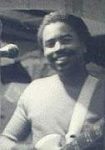
Isaac Peterson grew up on an Air Force base near Cheyenne, Wyoming. After graduating from the University of Wyoming, he embarked on a career as an award-winning investigative journalist and as a semi-professional musician in the Twin Cities, the place he called home on and off for 35 years. He also doesn’t mind it at all if someone offers to pick up his restaurant tab. Peterson also welcomes reader comments. Email him at isaac3rd@gmail.com.


